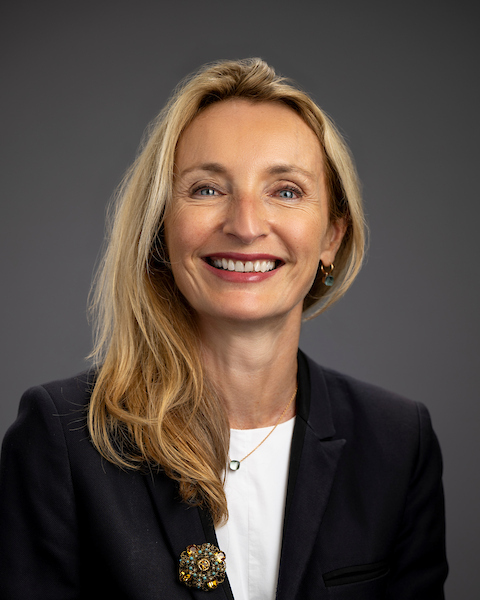
- This event has passed.
MEAM Seminar: “Flow Architectures, From Capillary Networks to Blood Transport through Organs”
February 11 at 10:15 AM - 11:15 AM
Flow systems in nature, whether animate or inanimate, have evolved in time toward greater efficiency by adapting, or ‘morphing’, their configuration to decrease resistance to the currents flowing through them. Observations at various scales indicate that the distribution of flow, i.e. the connection of a point (source/sink) to a volume (sink/source) or vice-versa, is the most efficient when it happens through a dendritic architecture. Flow channels function in concert with the structures around them, as a combination of long and fast flows along the channels, with short and slow flows through the surrounding medium. The ability to predict flow patterns enables engineers to propose flow designs for heat, mass, and fluid flows. Our previous work theorized the deterministic nature of morphing and showed how to obtain efficient flow configurations for combined and sometimes competing objectives.
In this talk we will discuss the blood flow architecture of the liver, the largest organ in the body. The superimposition of three different types of networks (hepatic artery and portal vein trees as inflows, and hepatic vein tree as outflow) leads to a very complex hierarchical structure made of several millions to billions of blood vessels. Out of the complexity of the blood flow system, invoking the principles mentioned above, we can predict the main features of this flow system and represent the hepatic blood circulatory system as a deterministic combination of dendritic networks and porous systems made of rigid or elastic vessels.
Next, we will consider the design of capillary networks for the cooling of high-power electronic components and how, incidentally, we understood that our theoretical approaches could also predict hydrotropism, the growth of plant roots towards areas with high moisture level. While the mechanisms are complex and involve several drivers, we extracted a conceptual understanding of how a plant root system evolves in time to connect more and more water sources while morphing its entire vasculature at every growth step. The network volume grows with the network, but the volume distribution throughout all the channels morphs to allow enough capillary pressure in each branch and minimum friction losses to pull the maximum flow rate out of the system.

Sylvie Lorente
Associate Dean for Research and Innovation and William M. Brown endowed Chair Professor in Mechanical Engineering, Villanova University
Dr. Sylvie Lorente is the Associate Dean for Research and Innovation and the William M. Brown endowed Chair Professor in Mechanical Engineering at Villanova University. A globally renowned authority in thermal engineering, Sylvie Lorente, PhD, has the distinction of being among the top 2 percent of most-cited scientists worldwide. A sought-after scholar and speaker, she has earned numerous international accolades, including her appointment in 2022 to the governing body of the European Research Council by the European Commission and her election in 2019 to the prestigious Academia Europaea—an association of European scientists and scholars whose members include 80 Nobel laureates.
Much of Dr. Lorente’s research and scholarship is steeped in a relatively new fundamental law of physics known as constructal law. At its core, constructal law describes and predicts how a flow system, whether it is animate or inanimate—people, rivers, trees, machines, even financial structures—adapts or evolves over time. An early adopter of constructal law, Dr. Lorente says, “Once we start thinking in terms of how natural flow systems morph and evolve, we can start imagining how to configure man-made designs more efficiently.”
Dr. Lorente joined Villanova in 2019 as College of Engineering Chair Professor in the Department of Mechanical Engineering and became Associate Dean for Research and Innovation in 2021. In the spring of 2024, she became the inaugural chairholder of the William M. Brown endowed Chair in Mechanical Engineering.
